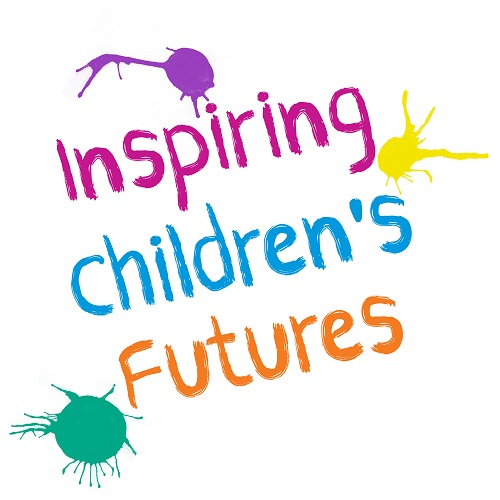Stigma in childhood: the cultural & social perspective
Leading experts in stigma from the USA and the UK spoke at the first workshop of a new programme examining stigma in childhood, held at the University of Strathclyde on May 26.
Stigma in Childhood is funded by the Scottish Universities Insight Institute, and supported by a team led by the Institute for Inspiring Children's Futures at Strathclyde and the University of Edinburgh's Centre for Research on Families & Relationships.
This programme brings together global learning from theory, research, policy and practice, to promote lasting change for children and young people living with stigma and marginalisation. Three interactive workshops will bring together international speakers and young people with lived experience to consider how stigma is experienced by children from different places, and how it manifests itself; for the children themselves, in families and communities, and in services provision.
Better understanding
Jennifer Davidson, Executive Director of the Institute for Inspiring Children’s Futures, said:
"Across the world, children and young people continue to experience stigmatisation in a wide range of cultural, social and political contexts. Stigma can have a long lasting, detrimental impact well into adulthood—and stigma can have a unique impact on children’s lives which is different from how people might experience stigma as adults. So we want to better understand how stigma across children’s different circumstances plays a role in their relationships with the worlds around them.
We’re looking forward to welcoming speakers and participants to be part of this exciting venture, sharing knowledge globally and creating new discussions and solutions."
Powerful insight
At the first workshop, practitioners, academics and young people considered cultural and social perspectives of stigma in childhood.
International speaker Professor Bernice Pescosolido (Indiana University) was joined by Professor Imogen Tyler (Lancaster University) and Professor Colin Clark (University of West of Scotland) in delivering three different and powerful insights into stigma, politics and society.
Professor Tyler opened the day with her keynote, on 'Stigma Power: A Penal History.' Her argument that stigma is being used as a form of power for political parties to classify and divide was well received. She said: "Stigma generates austerity…austerity has been disastrous for the nation’s mental health."
She argued that as a result of "a trend towards angrier and divisive politics in which human dignity is under assault" we are now in a period of 'heightened stigma.' The welfare system that we are all recipients of has in itself become a stigmatised concept, especially with the advent of 'poverty porn' TV, such as Benefits Britain.
Professsor Clark presented on 'Miro Romipen: contesting childhood stigma on Roma/Gypsy/Traveller terms'.
His focus was 'the grounded weariness of stigma on an everyday basis and ways of being' that is the reality for many travellers. In this he was assisted by a documentary film made by Patrik Ĉonka who was 18 when he documented his life in the travelling community, to 'try and explain what is a complex concept and reality of Romipen (Romany being).'
Education for travelling communities can suffer, with school segregation a 'very real and very live issue' across Central Eastern Europe, where young Romany pupils are put into particular schools or classrooms, not based on their educational abilities but because of their often assumed ethnic heritage, and labelled as 'retarded and mentally deficient.'
The 'S' word
Professor Pescosolido, who initiated the first major national study of stigma of mental illness in the US in over 40 years, was the day’s final speaker.
She said: "Part of the problem in addressing stigma is we use the word in so many different ways…there’s an argument in the US not to use the 'S' word." But, she argued, 'if you don’t name it, you can’t fight it.'
It’s very important that we tackle stigma on all levels, she stressed. "I can’t think of anything worse than building a child’s empowerment and then sending them into a cruel school yard or work place," she added.
Professor Pescosolido concluded that the most potent factor affecting decreased stigma is contact - seeing the human person, and not the label. "You can’t change attitudes but you can change institutional regulations or structural stigma, and then attitudes and behaviour will change."
Discussions between talks focused on the impact of familial imprisonment; Roma children's experiences of stigma; enduring the stigma of an offending past; and caring for children with intellectual disabilities and their parents.
The next workshop will take place on Monday, June 26 at the Scottish Universities Insight Institute. Look out for more details on this and workshop resources on the Stigma in Childhood website.
